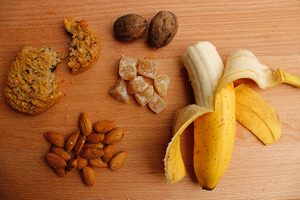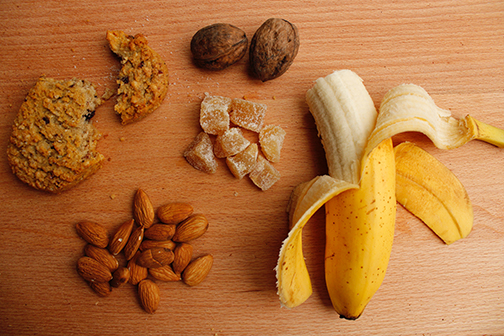- Immaculately Clean Facility
- Fully stocked changing rooms and showers
- FREE Body Scan
- FREE towel service
- Nutrition Coaching & Accountabiliy
- Expert coaches
Skip to content
 Low-carb diets are popular. However, it takes more than just counting carbs to eat healthy. Not all low-carb foods are healthy. If you utilize that type of diet, you need to include the best low-carb foods and avoid the worst ones. Your body needs carbohydrates for energy so they should be part of everyone’s diet. It’s all about making the smartest choices that provide the most nutrition yet help you maintain or lose weight.
Low-carb diets are popular. However, it takes more than just counting carbs to eat healthy. Not all low-carb foods are healthy. If you utilize that type of diet, you need to include the best low-carb foods and avoid the worst ones. Your body needs carbohydrates for energy so they should be part of everyone’s diet. It’s all about making the smartest choices that provide the most nutrition yet help you maintain or lose weight.
Eliminate the worst low-carbohydrate foods first.
You’ve probably already found the new low-carb snacks that mimic their high-carbohydrate counterparts. They sound pretty enticing. Who wouldn’t love the taste of forbidden sweets without the high carbohydrate count? Step away from the low-carb treats. They shouldn’t be in your diet. The sugar is replaced with sugar alcohol that doesn’t contain carbs but causes digestive issues and inflammation. New studies show they may increase the risk of heart attack and stroke. They contain vegetable oils that cause inflammation, and most contain little nutritional benefit. Processed meat is another unhealthy, yet low-carbohydrate option.
The best low-carbohydrate foods provide a wealth of nutrients.
You may already know the answer to the best options. It’s most whole foods. Chicken, beef, and fish are high in protein and contain no carbohydrates. They’re healthy and should be part of your diet. Cucumbers, celery, and peppers are lower in carbs and also high in fiber and other nutrients. They’re another good addition to a low-carbohydrate diet. You’ll find a wealth of low-carb vegetables in the produce section of the grocery. If it’s grown above the ground, like broccoli, cauliflower, and kale, it’s a healthy low-carb addition. You have to be more careful when choosing root vegetables. Potatoes, for instance, are not a low-carb vegetable.
Don’t be fooled by “healthy” food.
Food options like protein bars aren’t necessarily healthy. Some are little more than candy bars with maybe a small addition of protein and a fancy wrapper. Check the wrapper for ingredients and nutritional information. If you want a protein bar for a post-workout snack, choose one with collagen, almond butter, or coconut oil. Avoid ones with additives you can’t pronounce. They can trigger inflammation.
- Beware of processed meals you heat and eat. Many of these prepackaged meals contain saturated fat or trans fat. You can plan meals for the week, cook them all one day, and just heat and serve them at mealtime.
- Just say no to diet soft drinks, even if they are low-carb. New studies show sugar substitutes in diet drinks can cause inflammation and lead to a larger waistline due to visceral fat.
- If you want a snack that is easy to transport, pack individual-serving-size bags of nuts. Brazil nuts, pecans, and macadamia nuts are lower in carbs. Cashews and pistachios are higher.
- Eat dark chocolate if you want a sweet treat that will feel decadent. It should be at least 70% cacao and sweetened with a natural sweetener like stevia. Dark chocolate is lower in carbs but not carb-free, so eat it sparingly.
For more information, contact us today at Team-ISC



